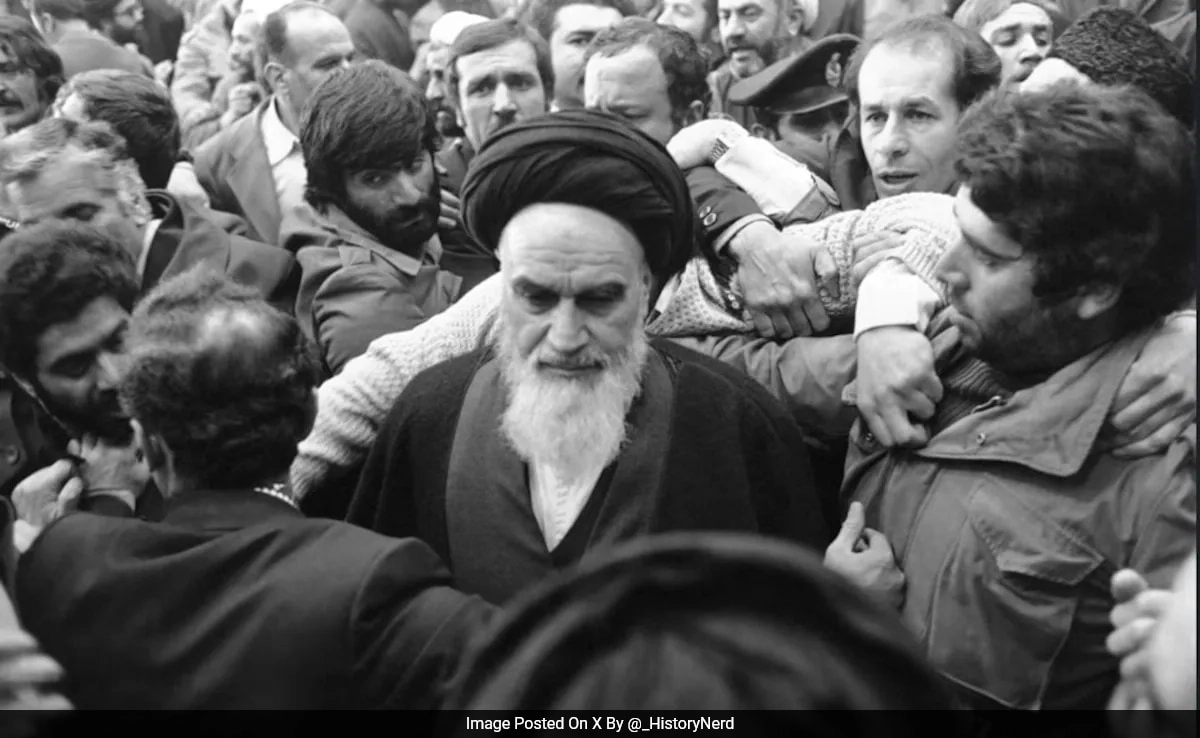The relationship between the United States and Iran has been fraught with tension for decades, particularly regarding Iran’s nuclear ambitions. The origins of Iran’s pursuit of nuclear technology can be traced back to a series of geopolitical maneuvers and conflicts, many of which were instigated or exacerbated by U.S. actions in the region. Following the 1979 Iranian Revolution and the subsequent hostage crisis, relations between the two nations soured dramatically. The U.S. adopted a confrontational stance, imposing sanctions and isolating Iran from the international community. This isolation only served to fuel Iran’s desire for self-sufficiency, particularly in the realm of nuclear technology, which many Iranian leaders viewed as essential for national security and sovereignty.
The U.S.’s aggressive foreign policy, particularly in the Middle East, has also contributed to Iran’s nuclear aspirations. The U.S. invasion of Iraq in 2003 and its support for various regimes and groups opposing Iran raised alarms within the Iranian government. In response to perceived threats from both neighboring states and foreign military presence, Iranian officials increasingly viewed nuclear capabilities as a deterrent. The narrative that surrounded Iran’s nuclear program shifted from one of potential energy development to a broader quest for regional power and influence. The more the U.S. sought to contain Iran, the more the latter felt compelled to assert its independence through nuclear development.
Additionally, the international community’s response to Iran’s nuclear activities has often been influenced by U.S. policy. Sanctions imposed by the U.S. and its allies have not only aimed to halt Iran’s nuclear program but have also had the unintended consequence of reinforcing a sense of national pride and resilience among Iranians. The rhetoric surrounding these sanctions has often painted Iran as a rogue state, leading to a rallying effect within the country. This sense of being cornered has propelled Iran to double down on its nuclear ambitions, viewing the program as a means to counteract external pressures and assert its status on the world stage.
In conclusion, the interplay of U.S. foreign policy, regional conflicts, and international sanctions has significantly influenced Iran’s pursuit of a nuclear program. Rather than deterring Iran from developing nuclear capabilities, these actions have often had the opposite effect, solidifying the belief among Iranian leaders that such a program is vital for their national security and regional power dynamics. Understanding this complex relationship is crucial for any meaningful dialogue aimed at resolving the ongoing tensions surrounding Iran’s nuclear ambitions. The challenge lies in finding a way to address these historical grievances while ensuring the stability and security of the region.




